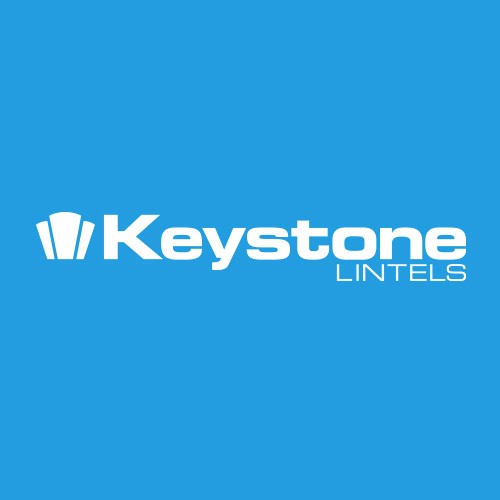The HI THERM LINTEL provides the most cost effective ‘fabric first’ solution to builders seeking out new ways to achieve Part L compliance. This unique lintel won Best Building Fabric Product in the Housebuilder Product Awards for two years running and many of the UK’s regional and national Housebuilders (Barratt Homes, Taylor Wimpey, Crest Nicholson, Jelson and many more) have experienced the benefits of specifying the Hi-therm lintel.
Changes in Part L Building Regulations necessitate the adoption of a fabric first approach to energy efficiency in buildings. Lintels greatly impact the thermal performance of a building due to the considerable effect they have on the crucial issue of thermal bridging. Thanks to the introduction of the Hi-therm lintel, merchants can now offer the builder an excellent solution.
Why is Lintel Choice Vital?
Openings for windows and doors are vulnerable to heat loss through thermal bridging so it’s more important than ever to pay close attention to the performance of structural elements such as lintels that are installed in these junctions. Statistics show that up to 35% of heat loss in a dwelling is through non repeating thermal bridging. Lintels are one of the single most influential contributing factors which can improve a dwellings SAP calculation and Fabric Energy Efficiency.
It is essential therefore that specified lintels are able to demonstrate robust thermal performance, as well as fulfilling their primary function, to provide structural support. Keystone’s Hi-therm sustainability lintel now provides a unique new solution designed to efficiently address thermal bridging, providing new opportunities for merchants to sell higher spec lintels.
Why Hi-therm?
From Keystone’s initial research it was clear that the new Part L requirement would see a major change in the way architects approach house design through the specification of enhanced products which improve the dwellings fabric. This is based on the principle of preventing energy waste by ensuring that the fabric of the building is adequately insulated and airtight. The fabric of the building remains for the life time of the building therefore it will continuously perform as designed.
While steel lintels have previously been produced with various bases to improve thermal performance it became clear to us that their performance fell considerably short of that required in the new regulations. The Hi-therm lintel however is five times more thermally efficient than a standard steel lintel and yet is specified and installed in exactly the same way.
How does it work?
The secret lies in using a glass reinforced polymer (GRP) for the outer leaf of the lintel. The GRP acts as a thermal break, preventing heat escaping from the internal leaf of a building across the cavity to the external leaf.
The new certified Psi value for lintels in the updated building regulations appendix R is 0.05W/m.k. Thanks to its patented design, the Hi-therm lintel is now the only one piece lintel that satisfies these requirements, thus creating strong demand growth for merchants offering this unique solution.
If, for example, standard steel lintels were used in a Part L specification, the designers would have to compensate for the psi value performance deficit elsewhere in the design by lowering wall u-values, upgrading windows to triple glazed, or perhaps the introduction of costly bolt on renewables such as solar panels ultimately adding additional cost.
This creates a strong sales message where merchants can offer builders a maintenance free, fabric first alternative to renewable technologies. Energy assessors are driving these decisions as they seek the optimum outcome from their modelling. Adam Eaton, Purchasing Manager for Thakeham Homes explains; “The assessor was amazed that a lintel with such a low Psi value was available to use, it made an immediate impact to our wall make up and meant we could down spec the insulation to a much more sensibly priced product”
For the first time merchants can offer their customers a one piece lintel solution to address the new requirements. It’s important not to take a backward step and resort to the old method of split lintels to achieve a thermal bridge as a one piece option offers better buildability and site detailing; “Hi therm has the added benefit of utilising existing site practices; it enables trades to continue working in line with our current processes which in turn aids consistency in design and performance” (Redrow Homes).
Thermal Analysis Support
At Keystone we pride ourselves on the level of technical support we offer our merchants and their customers. A full package of technical support enables the building designer to understand and assess the cost saving benefits of Hi-therm at an early stage in a project’s design.
There is no one solution to meeting the new Part L regulations as there are so many different factors that contribute to Part L. It is essential however that products which make up the building fabric are given careful consideration in terms of their energy efficiency. Products which enhance the Fabric Energy Efficiency of the building envelope and which are backed up by technical support can only be of benefit to merchants advising their customers on all of the available solutions.


